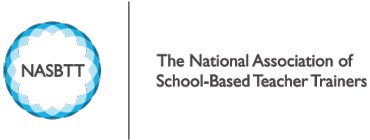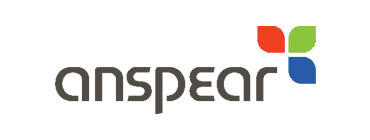Starting as an Early Career Teacher (ECT)

Congratulations! Your Initial Teacher Training programme has come to an end and you are about to start your exciting journey as a Early Career Teacher (ECT) into one of the most rewarding and important professions.
The transition from teacher training to early career has always been an exciting yet daunting one, and the situation faced by recent cohorts of ECTs has brought its own unique opportunities and challenges.
Teachers typically develop faster in their first few years in the classroom, and it is important that you keep developing beyond your ITT year. In this blog we highlight three key areas to focus on when you return to schools in September and some activities you can do with the support of your Mentor:
1. Make use of your transition document
The transition document is written to support you in your transition to your ECT years. It will sit alongside your school’s induction programme and is designed to support you and your school-based mentor as you move into your first teaching post.
The transition document will be more important than ever this year, as mentors will use it to design bespoke programmes to support you in your professional development. Make sure you show this important document to your mentor during your first meeting so that you can plan for structured use of your additional non-contact time to work towards meeting your targets.
2. Plan meaningful activities for your personal development time
It is tempting to use any spare time just to ‘get yourself organised’, however with the support of your mentor you can set up collaborative activities to embed the knowledge you have gained during your training year.
Collaborative planning is a very effective way to deepen your understanding of the way pupils progress and the formative assessment you can use to evaluate their learning. If time allows, then you could ask your mentor to observe you deliver a lesson you have planned collaboratively and then reflect and discuss how it went.
Similarly, marking with colleagues (particularly experienced ones) is a great activity to develop your knowledge of what marking can tell you about student learning (which is the point of marking in the first place). You can then discuss the most appropriate teaching strategies for the subsequent lessons. By watching your mentor model their marking strategies, then you will also pick up great tips on managing your own marking workload.
3. Remember the importance of observing colleagues – and of being observed
Observing others is an integral part of improving your teaching, and you should take lots of opportunities to observe your more experienced colleagues throughout your early career. Structured peer (joint) observations are particularly effective as your co-observer can then support you to deconstruct the teaching you have observed.
Being observed will continue throughout your early career (and beyond), and effective feedback following observation can be one of the most rapid forms of professional development. Ask colleagues to observe you often and give them a tight area of focus so that they can target their feedback in the areas that you need it. Remember that the most effective observations are those that focus more on the impact of your practice on the pupils in your classroom, and less on the way you are performing at the front of the class.
As your ITT provider our programme has supported you to progress in to the your early career, and you should speak to your ECT coordinator about the ways you can continue to work with us to develop your practice as an early career teacher.
Early career (ECT) Resources and readings
- Check out ECT membership with the Chartered College of teaching: https://chartered.college/join/ect-membership/
- Engage with the Early Career Framework which is full of excellent readings and activities to support your development: Download the Early Career Framework.
- Read our blog ‘Making the most of your ECT year’ which includes tips about subject specific development and even a list of educationalists to follow on Twitter!
















